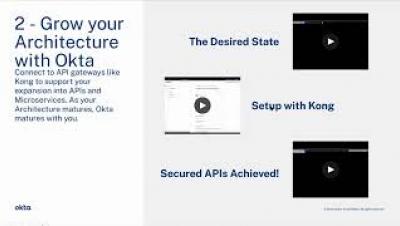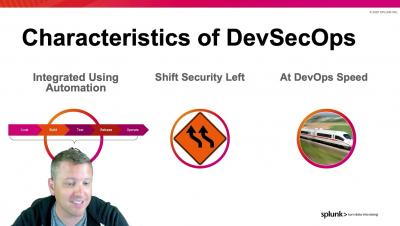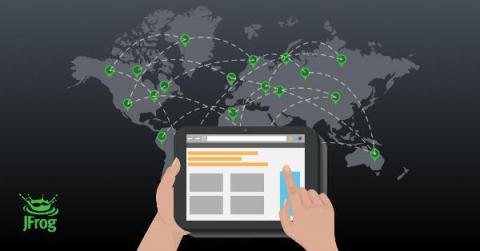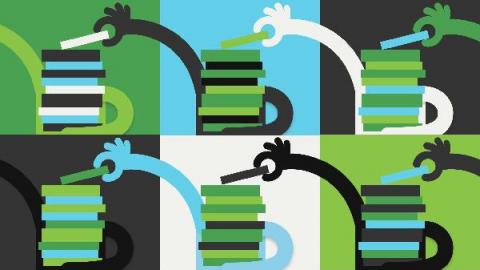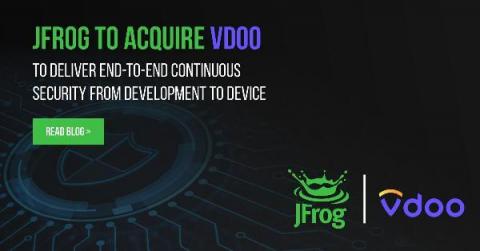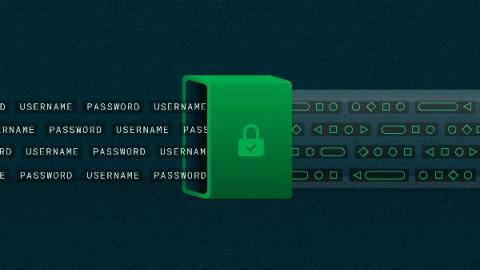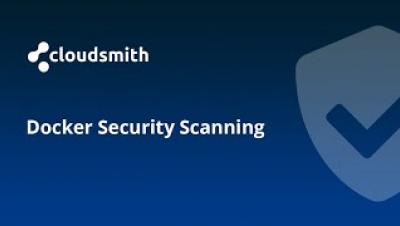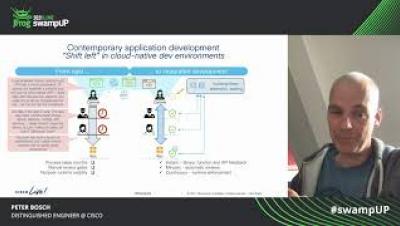Operations | Monitoring | ITSM | DevOps | Cloud
CI CD
The latest News and Information on Continuous Integration and Development, and related technologies.
DevSecOps is a practice. Make it visible
Enable Multi-Site DevOps with Federated Repositories
Reducing microservice overhead with shared libraries
It’s a common story: the product team gets early success and grows into a large monolithic code base. While everything is in a single code base, features can be added quickly. This is partly due to the ability to leverage shared code across each feature in the codebase. When your team is adding a new feature, a developer can leverage the existing codebase for needs such as logging or special error handling.
We've Agreed to Acquire Vdoo, Unifying Developers and Security Teams from Source to Device
Getting Started with Go and Cloudsmith
Securing pipelines through secret management
Secrets management plays a critical role in keeping your pipelines and applications secure. While secrets management tools help, you need to implement best practices and processes to successfully manage secrets in a DevOps environment. Standardizing, automating and integrating these processes also helps secure secrets by reducing the chance of human error.


